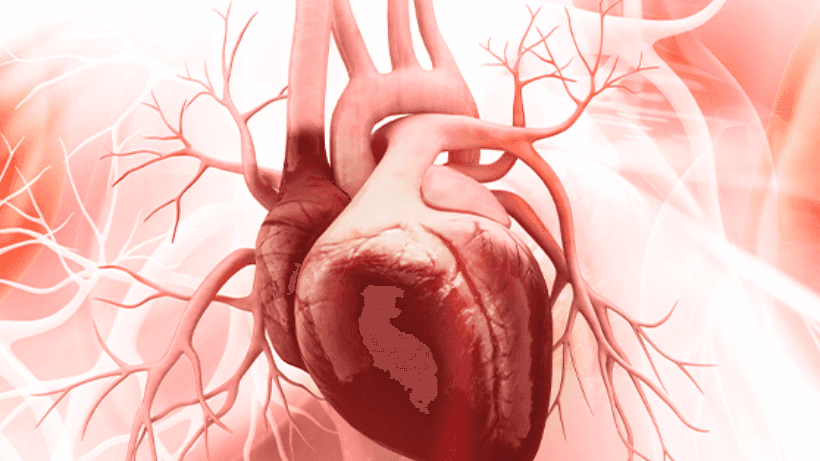
Knowing The Types Of Heart Surgeries
09 Jun, 2022
 Healthtrip Team
Healthtrip TeamOverview
When people think of heart surgery, open-heart surgery is the only word that comes to our minds. The surgery involves a large incision in the chest and temporarily putting the heart in a heart-lung machine. However, in the last few decades, due to the latest advancements in the medical field, lesser invasive heart surgeries have been used. Here we’ve discussed various types of heart surgeries that you must know if you or someone you know is suffering from cardiac issues.
Most popular procedures in India
Although with time, various newer techniques like laparoscopic or minimally invasive heart surgeries have emerged, the traditional open-heart surgeries are still performed. Following are the various open-heart surgeries that include-
- Heart valve repair or replacement
- repairing damaged or dysfunctional heart regions
- Implanting medical devices like pacemakers
- For heart transplantation
In the United States, heart disease is the top cause of death for men and women. Every year, around 500,000 open heart operations are conducted. It is the most commonly performed procedure for coronary artery bypass or treatments to the aorta or the heart itself.
Wellness Treatments
Give yourself the time to relax
Lowest Prices Guaranteed!

Lowest Prices Guaranteed!
Also, Read - Can People With Heart Disease Lift Weights?
What are the various types of heart surgeries?
The various types of heart surgeries are listed below. As suggested by The National Heart, Lung, and Blood Institute, the following are the common types of heart surgeries.
CABG, commonly known as bypass surgery, aims to treat coronary artery disease. This condition occurs when the blood vessels supplying the heart muscle become narrowed or blocked, often due to a buildup of plaque. During CABG, a surgeon takes blood vessels, usually from the patient's leg or chest, to create bypasses around the blocked coronary arteries. This rerouting restores proper blood flow to the heart muscle, bypassing the blocked or narrowed sections.
2. Angioplasty and Stent Placement:
Angioplasty is a less invasive alternative to bypass surgery. It is used to treat coronary artery disease by opening blocked or narrowed coronary arteries. A catheter is threaded through blood vessels, usually from the groin to the blocked coronary artery. A small balloon at the tip of the catheter is inflated to widen the artery, compressing the plaque against the arterial walls. Often, a stent, a small mesh tube, is placed to keep the artery open and prevent it from narrowing again.
3. Heart Valve Repair or Replacement:
This surgery addresses damaged heart valves, which may result from conditions like valve stenosis (narrowing) or regurgitation (leakage).
- Valve Repair: The surgeon may reshape the valve, add support to it, or separate fused valve flaps to restore proper function.
- Valve Replacement: If repair is not feasible, the damaged valve is replaced. Replacement valves can be biological (from human or animal donors) or mechanical (made of durable materials).
4. Heart Transplant:
Heart transplantation is recommended in cases of severe heart failure where other treatments are no longer effective. The goal is to replace a diseased or failing heart with a healthy donor heart. The patient undergoes a complex surgical procedure where the diseased heart is removed, and the donor heart is implanted. The transplantation requires precise matching of the donor and recipient to minimize the risk of rejection. Post-transplant, patients need lifelong immunosuppressive medications to prevent the immune system from attacking the transplanted heart.
5. Aneurysm Repair:
An aneurysm is a weakened or bulging section in the wall of a blood vessel. In the context of the heart, an aneurysm can occur in the arteries. Surgery is often necessary to repair or replace the affected section of the blood vessel to prevent rupture, which could lead to life-threatening internal bleeding. During aneurysm repair, the weakened section of the blood vessel is either reinforced or replaced with a synthetic graft. This helps to eliminate the risk of rupture and ensures proper blood flow through the vessel.
6. Arrhythmia Treatment (Ablation):
Arrhythmias are irregular heart rhythms that can cause palpitations, dizziness, or even more severe complications. Ablation is a procedure performed to treat certain types of arrhythmias. During ablation, a catheter with an electrode at its tip is threaded through blood vessels to the heart. The electrode is used to target and destroy the abnormal heart tissue responsible for the irregular rhythm. By creating scar tissue in the affected area, the procedure aims to restore a normal heart rhythm.
Also, Read - Does Moderate Drinking Protect Your Heart?
7. Left Ventricular Assist Device (LVAD) Implantation:
LVADs are mechanical devices designed to assist the heart in pumping blood. They are often utilized in cases of severe heart failure as either a bridge to heart transplantation, giving patients support while awaiting a donor heart, or as destination therapy for individuals who are not suitable candidates for transplantation. During LVAD implantation, a pump is surgically implanted in the patient's chest. This pump is connected to the left ventricle of the heart and helps circulate blood throughout the body. The patient typically carries an external controller and power source to operate the device.
8. Congenital Heart Defect Repair:
Congenital heart defects are structural abnormalities present at birth. Surgical interventions are often necessary to correct these defects and improve the heart's structure and function. The surgical approach to repair congenital heart defects varies widely depending on the specific nature of the defect. Procedures may include closing holes in the heart, repairing or replacing valves, or reconstructing abnormal blood vessels. The goal is to restore normal blood flow and function to the heart.
Read more : Why Does Congenital Heart Disease Happen?
9. Cardiomyoplasty:
Cardiomyoplasty is a surgical procedure aimed at providing additional support to a weakened heart by using skeletal muscle. In cardiomyoplasty, a skeletal muscle, often the latissimus dorsi muscle from the back, is harvested and wrapped around the heart. The muscle is then stimulated to contract synchronously with the heart's rhythm. This additional contraction aids in pumping blood and provides support to the weakened heart muscle.
These advanced surgical procedures showcase the evolving field of cardiovascular medicine, offering innovative solutions for a range of cardiac conditions, from heart failure to congenital abnormalities. The diversity of approaches highlights the individualized nature of cardiac care, with treatment plans tailored to the unique needs of each patient.
What are the most commonly performed heart surgeries?
The most common type of heart surgery is coronary artery bypass grafting (CABG).
Valve replacement and repair is the second most common type of heart surgery.
Also, Read - Know The Reasons For Valvular Heart Disease
How can we help with the treatment?
If you're on the lookout for treatment in India, UAE, turkey, let Healthtrip be your compass. We will serve as your guide throughout your medical treatment. We'll be by your side, in person, even before your medical journey commences. The following will be provided to you:
- Connect with renowned doctors from a network spanning 35+ countries and access the world's largest health travel platform.
- Collaboration with 335+ top hospitals, including Fortis and Medanta.
- Comprehensive treatments from Neuro to Cardiac to Transplants, Aesthetics, and Wellness.
- Post-treatment care and assistance.
- Teleconsultations at $1/minute with leading surgeons.
- Trusted by 44,000+ patients for appointments, travel, visa, and forex assistance.
- Access top treatments and packages, such as Angiograms and many more.
- Gain insights from genuine patient experiences and testimonials.
- Stay updated with our medical blog.
- 24/7 unwavering support, from hospital formalities to travel arrangements or emergencies.
- Pre-scheduled specialist appointments.
- Prompt emergency assistance, ensuring safety.
Our successful patient testimonials
The spectrum of heart surgeries, from intricate bypass procedures to innovative interventions like LVADs and Cardiomyoplasty, highlights the dynamic landscape of cardiovascular medicine. These diverse approaches underscore the commitment to tailored care, innovation, and the continual pursuit of solutions that improve and extend lives affected by cardiac conditions.
Related Blogs

Why Choose Healthtrip for Medical Procedures in India? Cost & Quality
Explore the compelling reasons, from cost savings to expert care,

Your Guide to a Successful Healthtrip in Malaysia: Quality & Savings
Planning a healthtrip? Explore Malaysia for high-quality medical procedures and
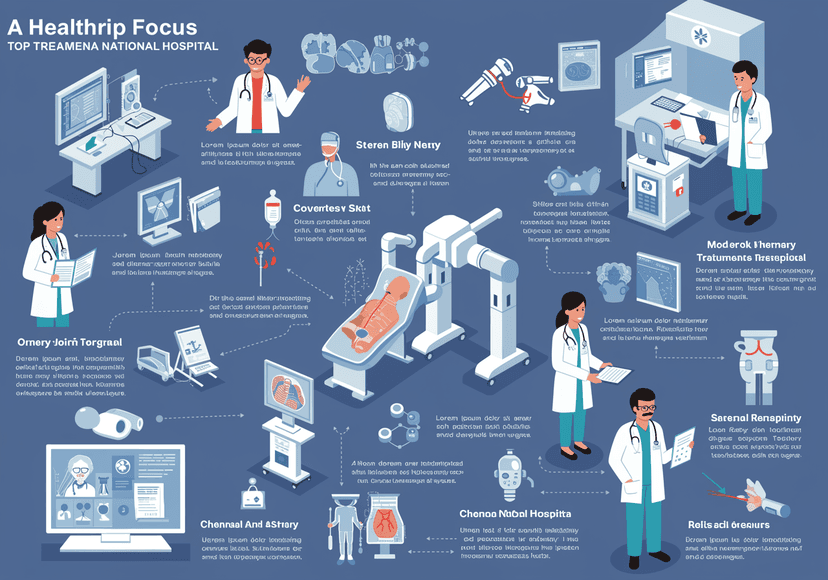
Top Treatments at Chennai National Hospital: A Healthtrip Focus
Discover leading medical treatments available at Chennai National Hospital for
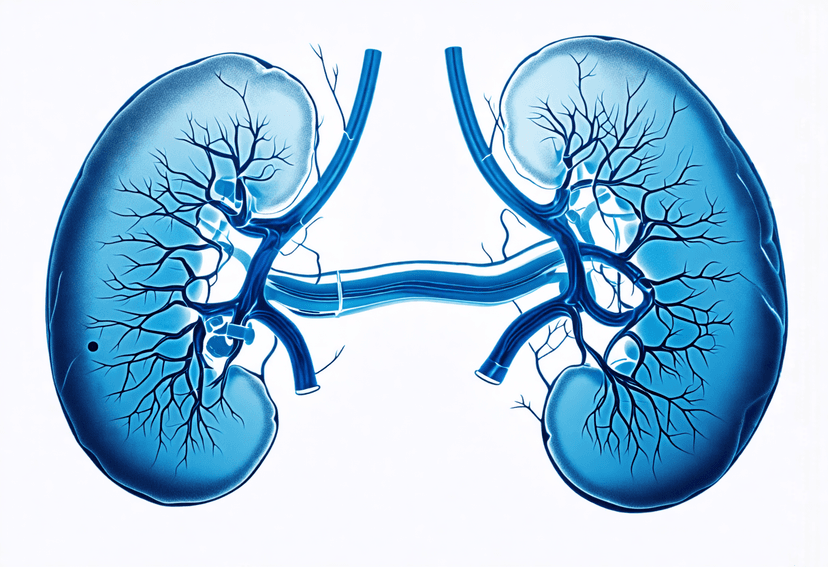
Retrograde Intrarenal Surgery 101
Understanding the procedure and recovery of Retrograde Intrarenal Surgery
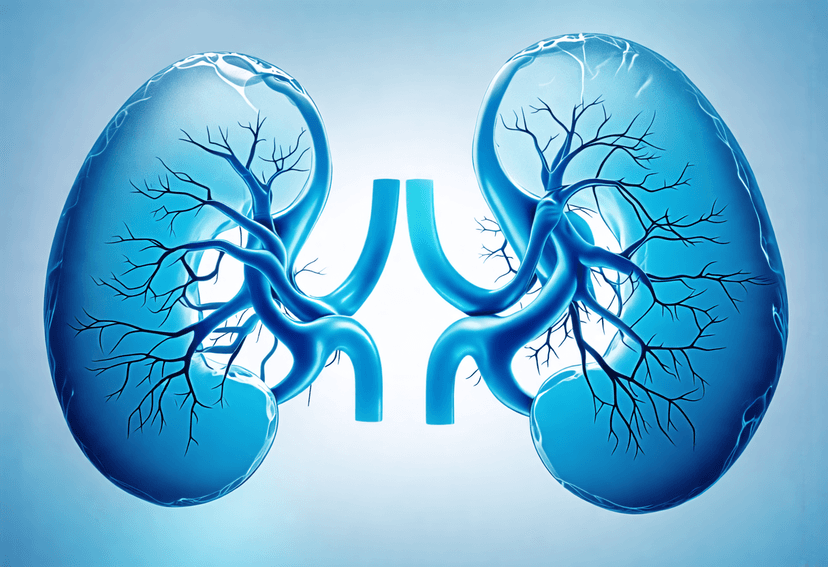
Retrograde Intrarenal Surgery Risks and Complications
Understanding the potential risks of Retrograde Intrarenal Surgery
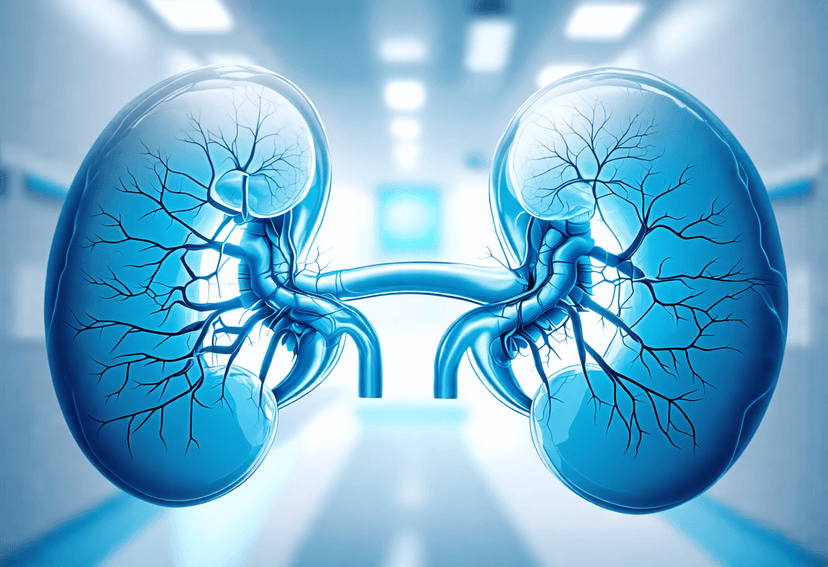
The Future of Retrograde Intrarenal Surgery
The future of kidney stone treatment with Retrograde Intrarenal Surgery










